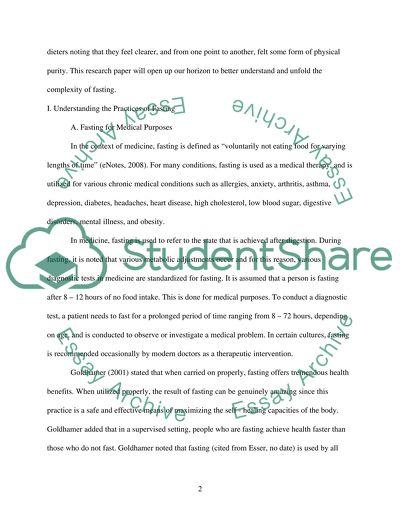Cite this document
(“Fasting Essay Example | Topics and Well Written Essays - 2500 words”, n.d.)
Retrieved from https://studentshare.org/miscellaneous/1546397-fasting
Retrieved from https://studentshare.org/miscellaneous/1546397-fasting
(Fasting Essay Example | Topics and Well Written Essays - 2500 Words)
https://studentshare.org/miscellaneous/1546397-fasting.
https://studentshare.org/miscellaneous/1546397-fasting.
“Fasting Essay Example | Topics and Well Written Essays - 2500 Words”, n.d. https://studentshare.org/miscellaneous/1546397-fasting.


